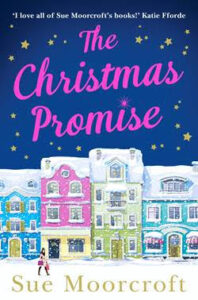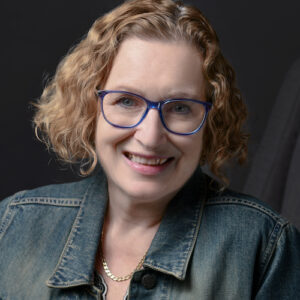Setting my goal
In my last article, I explained my self-coaching session that saw me dropping work that was problematic and/or didn’t earn me much money. With more time for my writing yet not losing much financially, my mental health improved! It was time to look at the other side of the coin. I now knew what I didn’t want – so what was it that I did want?
It was a question I found easy to answer as it hadn’t changed since the early nineties when I began to try and get published.
I wanted to earn my living from writing novels.
Not from writing novels and short stories, serials, courses, columns and writing how-to and judging competitions, appraising manuscripts and leading workshops. Just writing novels. Wouldn’t that be bliss?
How could I achieve this Utopia? I had a good, independent publisher, but their size limited their reach. I needed a publisher who would get my books into supermarkets.
Step one was to get a great agent, one who would love my books and be ambitious for me. I’d had an agent in the past, but we’d never completely gelled, and we’d eventually parted amicably, so for my last six books I’d dealt directly with my publisher.
Aiming high, I emailed Carole Blake of Blake Friedmann. I knew her slightly from writing conferences and social media – yes, friendly relationships can be forged on Twitter. The email began, ‘Dear Carole, I know you’re not taking anybody on but I’m going to ask you anyway.’ The short version of what happened next was that I was right – she wasn’t taking anybody on. But, happily for me, she showed my work to the wonderful Juliet Pickering at the same agency and Juliet wanted to talk to me as she was looking for authors writing commercial fiction. Would I like to talk to her?
Would I ever!
 I met Juliet in London for lunch, and we got on wonderfully. I was transparent about what I wanted. She was equally transparent that that whilst was an agent’s job to help me achieve my ambitions, she couldn’t offer guarantees. She asked about ideas for future books, and I pitched three. She told me which of these she’d feel most confident in presenting to publishers and I had that happy feeling you get when something clicks into place, as it was the one I most wanted to write. It was an idea that had already received a green light from my old publisher, but they’d wanted a novella. I thought the idea had enough meat for a novel.
I met Juliet in London for lunch, and we got on wonderfully. I was transparent about what I wanted. She was equally transparent that that whilst was an agent’s job to help me achieve my ambitions, she couldn’t offer guarantees. She asked about ideas for future books, and I pitched three. She told me which of these she’d feel most confident in presenting to publishers and I had that happy feeling you get when something clicks into place, as it was the one I most wanted to write. It was an idea that had already received a green light from my old publisher, but they’d wanted a novella. I thought the idea had enough meat for a novel.
But I was deflated when Juliet didn’t offer to represent me. She asked me to write the book first. This is the book that eventually became The Christmas Promise.
The snag with that was by the time I’d spent a year on the book, my old publisher would be expecting it. It would be . . . awkward. I asked if I could send Juliet the traditional three chapters and outline instead. Would she make a decision on that basis? She agreed. She told me later she’d already made up her mind to offer to represent me but wanted to go through the process in the right way.
Takeaways from the meeting:
- honesty and transparency on both sides is hugely productive
- accepting the commercial realities of publishing is a must
- listening to what’s on offer doesn’t prevent the putting forward of alternatives
- take disappointment on the chin because, let’s face it, a writer’s life is full of it.

